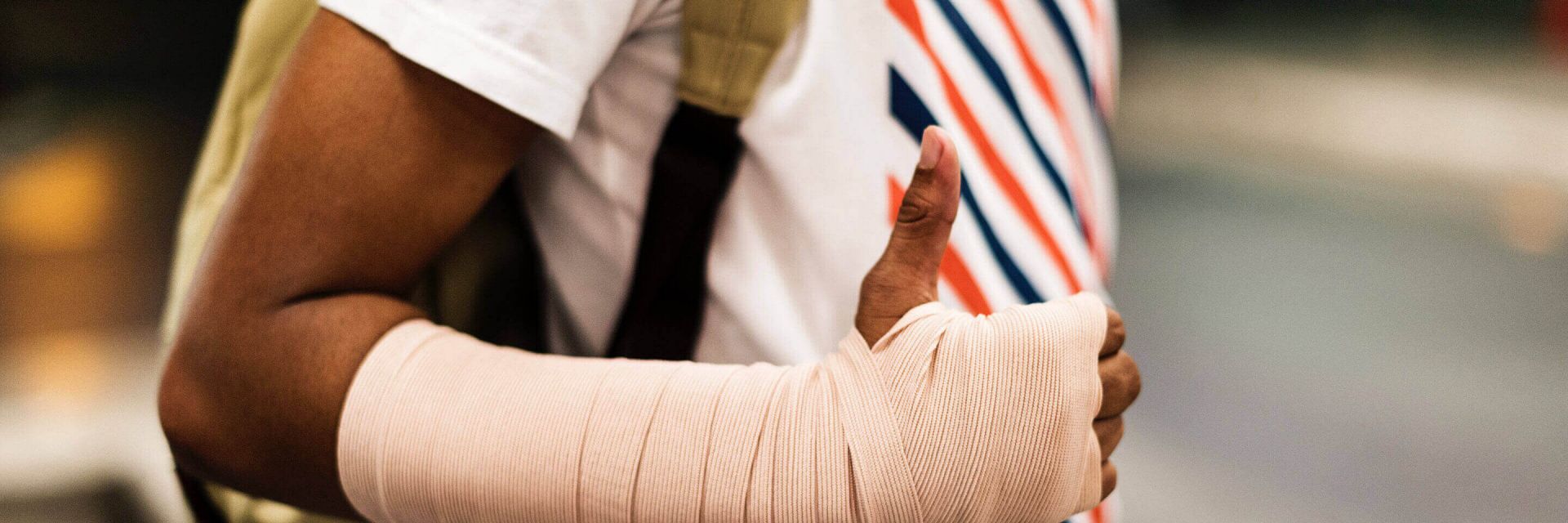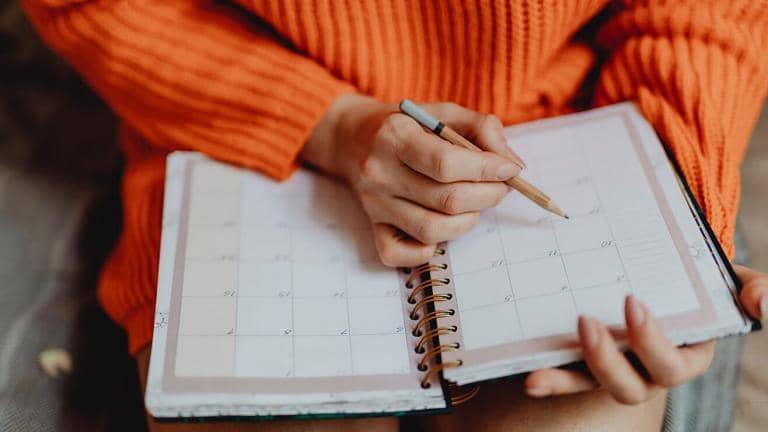
Boost your savings
Simple hacks to help your bank account
We’ve gathered 10 of the best personal finance hacks – savvy shortcuts to bolster your bank balance.2

Saving for the unexpected
Life is full of surprises – and sometimes those surprises can be expensive. Having some money tucked away can help you feel more secure and in control.
Let’s take a look at why ‘rainy day’ funds are important.
A rainy day fund is money you’ve saved to cover unexpected financial emergencies, such as a family illness, your car breaking down or a sudden change in income.
Non-emergencies are things like holidays, celebrations and things that can be planned for.
It’s a good idea to separate emergencies from non-emergencies – it’ll make it a lot easier to build up your savings when you’re not dipping into your emergency funds for things that don’t need paying.
The amount you need to save will depend on your circumstances, but MoneyHelper suggests three months of your usual expenses.
Starting small is a great first step. Smaller targets are easier to reach and can encourage you to save more once you see how well you get on.
Once you’ve started saving, there are a number of ways you can keep building your pot – here are a few.
Having a clear understanding of your money could help make saving easier. A good way to do this is to work out how much you earn, how much you spend and how much you have left over each month. If you don’t have much left over, take a closer look at your spending and see if there are areas you can make changes to.
If you need help getting your household finances in shape, get in touch with an expert. The Financial Conduct Authority provides tips on how to find a qualified independent financial adviser.
When it comes to saving, every little helps. Whether it’s change from breaking into notes, or change from your daily coffee, it pays to save.
There are apps that round up your online purchases to the nearest pound and put the difference into a savings or investment account. For example, if you spend £3.70, these apps will charge your account £4 and put the 30p difference into another account or a separate savings pot.
A budget can help you to feel in control and motivate you to save. Once you know how much money you need to cover your costs and how much you can afford to save, you can set yourself a realistic budget.
If you’ve got an Everyday Saver, Blue Rewards Saver, Instant Cash ISA or Help to Buy: ISA, you can create a savings goal in the Barclays app.
It lets you pick a category, personalise your goal name, choose a target amount and set a target date. You can also track your progress, and if you’ve set a target date, you can see how much you’ve saved and how long you’ve got left to reach your savings goal.
If you don’t already have an eligible account, you’ll need to open an Everyday Saver, Blue Rewards Saver or Instant Cash ISA to start setting goals. Our Blue Rewards Saver account is only available to Blue Rewards members and Help to Buy: ISAs are now closed to new savers.
It’s a good idea to separate your savings from the money in the account you’re paid into. This could help by stopping you from spending the money you could save while making it easier to track your progress.
One way to get into the habit of saving regularly is to set up a standing order. A standing order – also known as regular payment – transfers money automatically to another account (such as your savings account) on the same day each month. You can transfer between accounts with the same bank or from one bank to another.
If there are a few stores you shop at regularly, you may be able to save some money through loyalty rewards or collecting points you can use for future purchases. It’s easy to collect points and it means you can put the cash you save into your rainy day pot. Don’t forget to check when your points expire so you don’t miss out. You can also get cashback on your shopping at participating retailers when using our Barclays app or Online Banking1.
Occasionally, you may get a lump sum of some sort – whether it’s a tax refund, a bonus or an unexpected reward. Sometimes it can be tempting to spend it but the more you can put away, the better.
Unless you’ve got more important thing to cover, like paying off debt, putting most, if not all, of a pay-out away is a great way to give your savings pot a boost.
Life’s unpredictable so you might not always be able to save the same amount each month. If your circumstances change or a life event affects your income, you can always adjust how much you save then readjust when your finances are back on track.

Simple hacks to help your bank account
We’ve gathered 10 of the best personal finance hacks – savvy shortcuts to bolster your bank balance.2

10 fast ways to build your savings
Cutting back on a few non-essential items could be a quick way to help you save a little more each month

You can start saving for your goals today
We have a range of savings and investment options for you to choose from. You can start today from £1.

The cost of living and your everyday finances
With the cost of living going up, now’s a good time to keep a close eye on your finances. Whether you need budgeting basics, smart ways to save or tools to help you take control of your cash, we’ve got lots of guidance for you. Explore the topics below to get started.
Need help with money troubles? Take a look at our Money worries page.